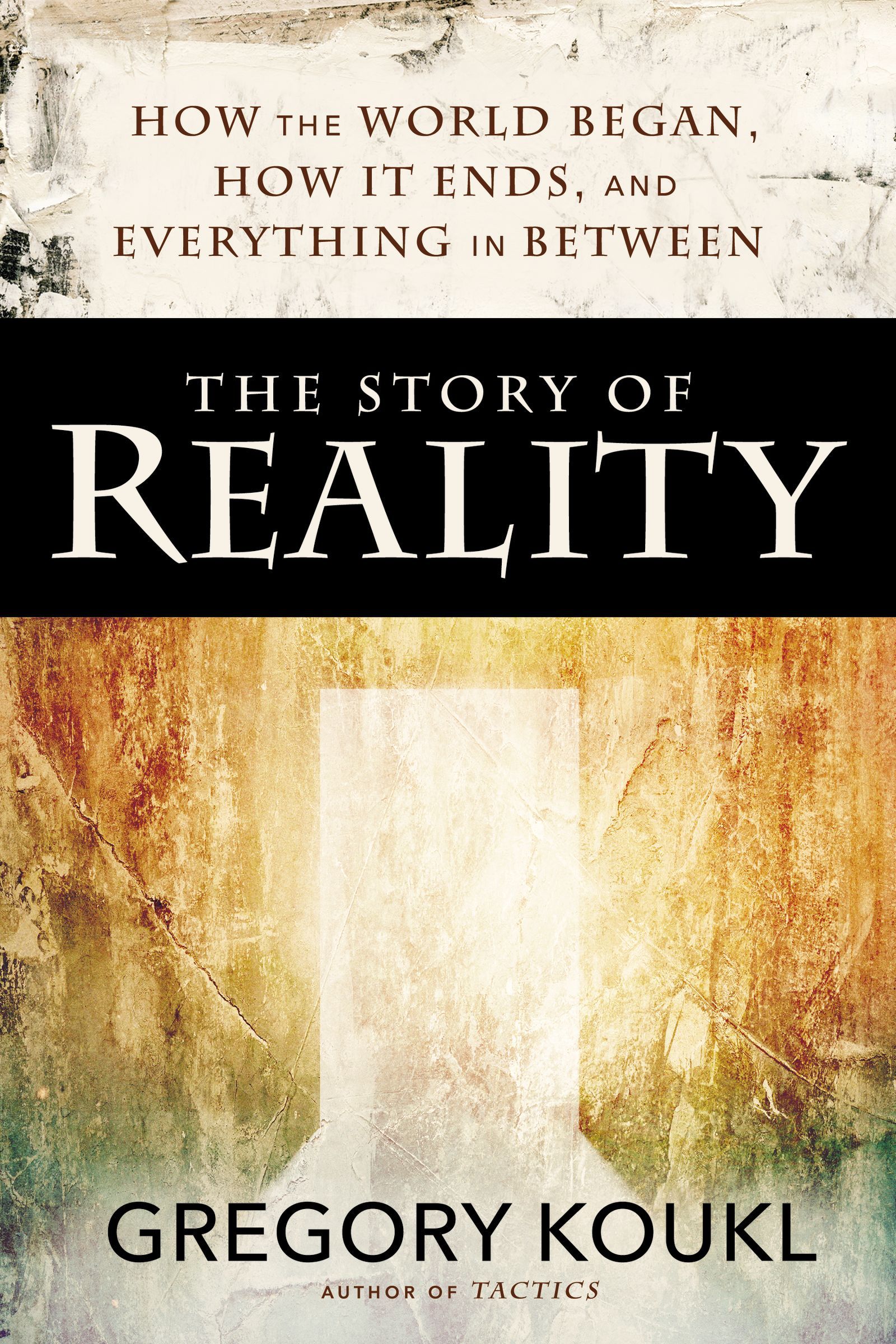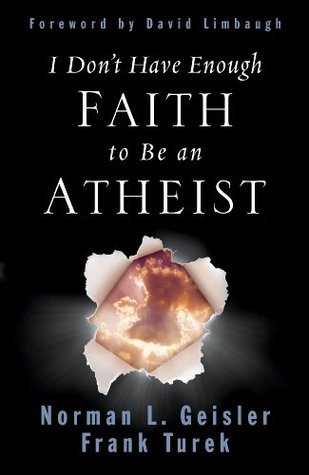The Bridge Is Out!
Everyone falls in line with reality, not vice versa
You’re blazing down an unfamiliar road during a holiday, family in tow. Trees whiz by. The landscape of valleys and rolling hills patched in pine forrests is breathtaking. The sky is blue and the weather perfect. You can feel and hear the wind gushing in partly rolled-down windows just as you shoot past a “55 MPH” sign going faster than that.
In the distance, from just where the road bends sharply left you spot a figure running up the road toward you. You make out a man. He’s frantically waving his arms in a scissor-like motion in front of himself while shouting.

As you close the distance you hear:
“STOOOOOP! STOOOOOP!”
Then, to safely handle the bend, you pump the brakes and swerve just enough to avoid killing the man as you fly past.
“The bridge is out!” is the last thing you hear as you let on the pedal of your minivan, glad to have missed that lunatic so you can return to taking in the good vibes of your getaway.
Far ahead the slight upward grade meets the horizon where steel beams form the entrance to a bridge, the first you’ve seen. Finishing the bend, the road straightens up and the man rolls out of view in your rearview mirror. You hear only the flutter of the wind. You give no pause to the stranger’s delusional plea. Right?
That stranger is me.
Fearing for the occupants of the minivan, because of what I contend I know.
That the bridge is out.
From your perspective, because the bridge looks fine you have no compelling reason to trust the flailing-armed man. If the allegory here isn’t obvious, I’m trying to get you to steer clear of the danger the Bible warns of.
“Enter by the narrow gate. For the gate is wide and the way is easy that leads to destruction, and those who enter by it are many. For the gate is narrow and the way is hard that leads to life, and those who find it are few.” Matthew 7:13-14
I spent years determining whether the Biblical worldview looked more plausible than the secular. My assessment is it does. It’s the reason I took to chasing down your minivan.
I care what happens to you. I’ve thought and prayed about your predicament more than you probably suspect, but found this conversation not an easy one to get into. Years pass and the opportunity I hoped might avail hasn’t. Sometimes, to have that uncomfortable conversation one has to initate it. I’m asking you to consider the potential reality God is who the Bible says He is.
When you assess your situation you see no reason for alarm. You look around at everyone living their lives, and see no panic. And so, because of the general lack of alarm, neither do you have any.
But just because you feel secure, doesn’t mean you are. If this universe didn’t materialize out of nothing, if it was actually made, then people have to contend with its Creator—who wasn’t silent. He communicated His purpose and expectations.
When someone yells about a bridge being out, maybe let off the gas and consider whether what he’s saying has any merit.
The culture swerved around the truth and into postmodernism. People argue whether anything can be known.
When I grew up, although people argued what that might be, we all at least agreed some things were true. In this relativistic age people, not wanting to offend one another with truth claims, have siloed themselves into their own realities where “my truth” and “your truth” have made the truth obsolete.
I’m old school.
I still believe in the truth, and that it applies to worldviews. Religion is just another name for worldview. Even Atheism involves faith. The culture, however, considers religion ice cream. It comes in flavors. Choose the one you prefer.
Let’s be fair. No one actually believes that. They just haven’t thought much about it. Or they don’t want to tell you they think you’re wrong.
If one religion says there’s no god, the next says one god, and the next a million, they can’t all be right. There’s no way to reconcile those contrary claims with reality. It’d be more honest to argue you can believe whatever you want, but that don’t make it so.
Buddha, a man who ascribed to no higher power, believed in reincarnation. But how does natural law govern that karma reincarnates one as a worm and another a cow? What teachings or evidence did he rely on to discern reality worked that way? Because I’m not interested in a hunch—or religion!—which doesn’t comport with reality.
It’s true that many religions point to a higher power. If that’s real, don’t you want good answers? The Bible has them. Lots of religious tomes claim to, yet they can’t all be true.
Although some of their claims are similar, they contradict each other in big ways. So religions are demonstrably not basically the same. Ask a Christian, Muslim and a Jew who Jesus is and get three opposing answers. Which is right? If religion is just fantasy that people use to get through life, then it is just ice cream. But what if it’s more than that? What if one of them is true in a factual sense? Then there would be a consequence for being wrong about the bridge.
Take the nebulous higher power that someone who says he’s “spiritual” believes in. Why does he believe in something for which he has no clarity? And no reasonable basis for believing in it? Is it just energy or can it also think? Why does he think it will apply his truth to the way it governs reality? Will it reincarnate him because he believes it will? What if he believes in heaven? Will he go there because he considers himself a good person? Didn’t Hitler live out his truth? What will the universe have made of him? Did his truth govern his outcome?
That higher power does sound more like fantasy than fact.
Argue as some may, truth has never been subjective. Reality doesn’t care about my truth and your truth. If the universe is a cosmic accident which miraculously sprung out of nothing, the man who dies returns to dust. If the universe is no accident but was spoken into existence by God, then He will make of the man what He will, because a piece of man, his soul, like the One who made it, transcends the material. This God would have the power to govern things, including souls.
The important thing here, it would seem, would be to investigate to see if your worldview best explains reality. I put in no fewer than 10,000 hours doing that. It’s why I run toward your minivan, making serious claims about your danger.
Have you seriously contemplated the soundness of your worldview? Or are you confident enough in what you picked up along the way that you’ll blaze past, ready to blindly trust the bridge?
I care about you.
Would you not be willing to investigate this? Let off the pedal and consider pulling over? If you haven’t resolutely decided you know what makes the universe tick, I’m hoping you’re willing to make the effort to shore up your worldview.
Is your confidence in what you know such that you’re willing to bank your eternity on it? Your loved ones, too?

